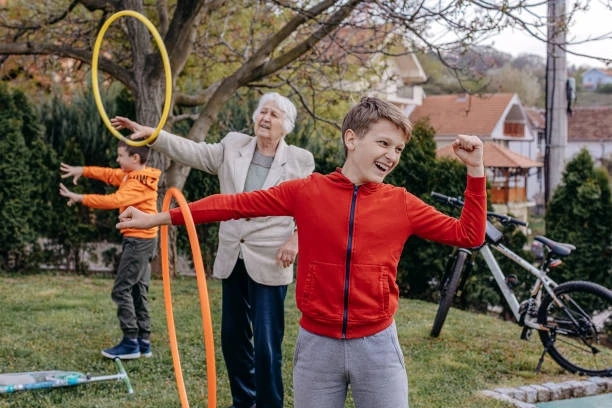Strokes are a significant health concern, especially among seniors. According to the American Stroke Association, strokes are the fifth leading cause of death in the United States. Seniors are at a high risk of stroke, but following healthy lifestyle habits can help them reduce the possibility. According to the National Stroke Association studies, 80 percent of strokes can be prevented among aging adults. Experts at Clearwater home care agency share some useful tips to help seniors lower their stroke risk.
1.Quit Smoking
According to Harvard Health Publications, smoking is the major risk factor for strokes. According to the CDC, strokes are usually caused by blood clots, of which the risk increases by smoking. This is because smoking causes the blood to become thicker, leading to plaque buildup in the arteries. It also reduces HDL (good cholesterol) levels, which is needed to counterbalance the LDL (bad cholesterol) in the blood. Moreover, smoking intensifies other stroke risk factors.
2.Stay Physically Active
Regular physical activity can significantly lower the risk of a stroke. Seniors should aim for at least 150 minutes of moderate-intensity weekly exercise, such as brisk walking, swimming, or cycling. Physical activity helps maintain healthy blood pressure, cholesterol levels, and weight while promoting good circulation.
3.Do Regular Exercise
Seniors don't necessarily have to join a gym or jog every morning, but they should consider walking instead of driving when possible. Family caregivers should encourage their loved ones to find activities they can enjoy. If your loved one has a disability that tends to restrain physical activity, discuss this with a physical therapist for the recommendation of suitable activities.
4.Follow Healthier Diet Plans
Seniors should follow a diet plan that eliminates foods high in sugar, salt, and saturated fats and rich in fruits, vegetables, fish, poultry, low-fat dairy, beans, seeds, and whole grains. Seniors need to limit salt intake to a minimum because it can exacerbate high blood pressure, which increases the risk of stroke.
5.Limit Alcohol Consumption
Studies have found moderate alcohol consumption can have beneficial effects on the heart, but heavy drinking can increase the risk of stroke. A study published by the National Institutes of Health mentioned excessive alcohol intake can increase the formation of blood clots, leading blood vessels in the brain to hemorrhage that causes a stroke.
6.Manage Diabetes
Managing diabetes is critical for seniors to lower their stroke risk. Seniors with diabetes must regularly check their blood sugar levels and adhere to their prescribed treatment regimen. Additionally, maintaining a balanced diet is crucial. By effectively managing diabetes through these measures, seniors can significantly reduce their chances of experiencing a stroke and enhance their overall well-being and health.
7.Manage Stress
Chronic stress can contribute to stroke risk by raising blood pressure and promoting unhealthy behaviors like overeating or smoking. Seniors should explore stress-reduction techniques such as meditation, yoga, deep breathing exercises, and hobbies they enjoy. Building a strong support network and seeking professional help when needed are also essential for managing stress effectively.
8.Medication Adherence
For seniors prescribed medications to manage chronic conditions, it's crucial to adhere to their medication regimen consistently. Skipping or improperly taking prescribed medications can lead to uncontrolled health issues, increasing the risk of a stroke. Seniors should communicate openly with their healthcare providers about any concerns or difficulties they may encounter with their medications to ensure proper management of their health conditions and reduce stroke risk.
9.Regular Medical Check-ups
Seniors should prioritize regular medical check-ups and consultations with their healthcare providers. These visits can help monitor and manage underlying health conditions like high blood pressure, diabetes, and heart disease, significant stroke risk factors. Healthcare professionals can adjust medications, provide preventive treatments, and offer personalized guidance to reduce stroke risk based on each senior's unique health profile.
Incorporating these lifestyle changes can help seniors in reducing the risk of strokes. However, many underlying medical conditions, like high blood pressure, diabetes, and hardening of the arteries, can increase the possibility. If your loved one is living with a chronic disease and wants to maintain a high quality of life, consider hiring a professional in-home care Clearwater . This way, your loved one will get the help they need without having to leave the comfort of home.



